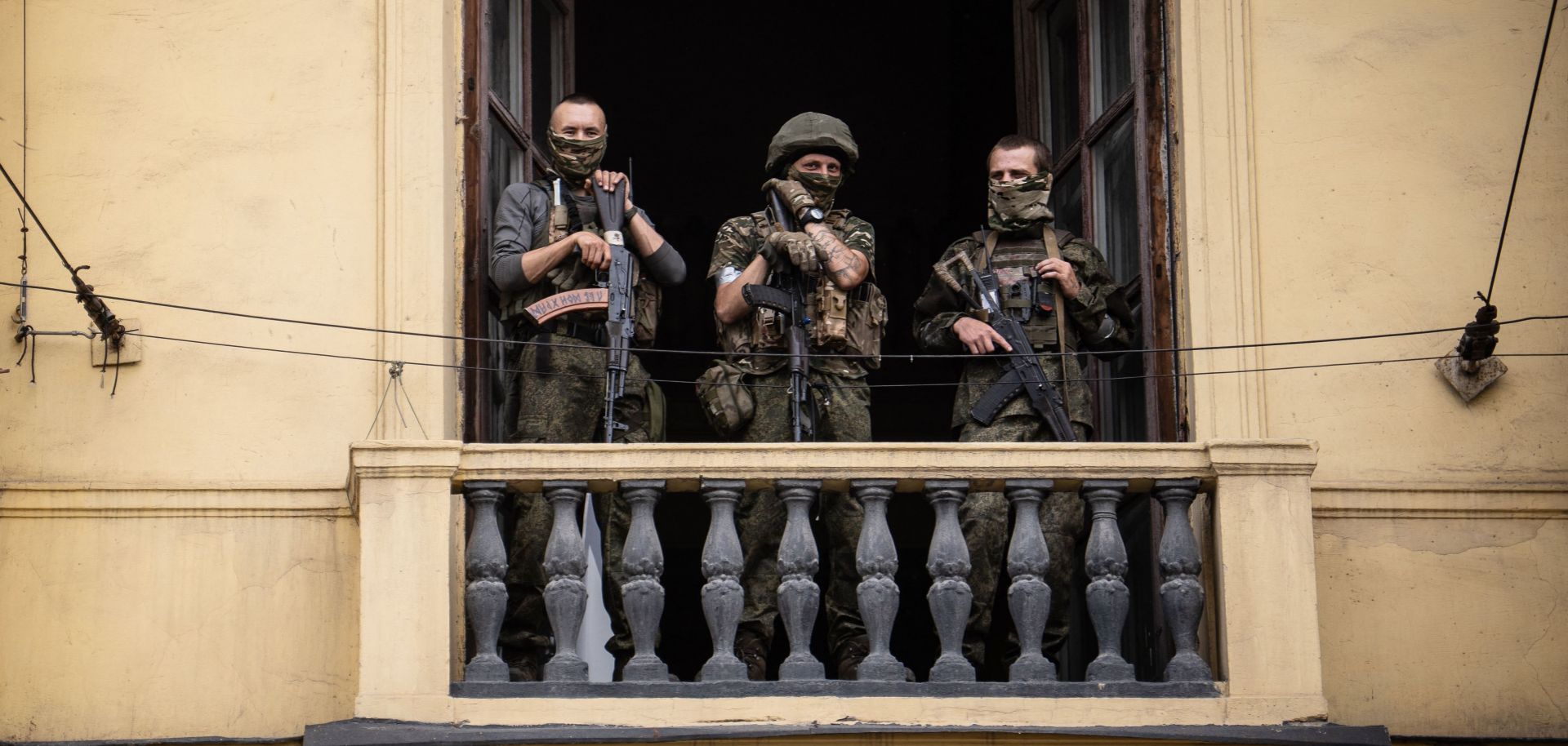''Mercenaries and auxiliaries are useless and dangerous,'' Niccolo Machiavelli wrote in 1513 in his seminal book on political tradecraft, The Prince. Russian President Vladimir Putin recently got a reminder of this Renaissance take. From June 23-24, Russia's former Ukraine war hero, Yevgeny Prigozhin of the private military company Wagner Group, turned on Moscow in a short-lived revolt. The mutiny caught the Kremlin and most observers off-guard, partly because of Priogozhin's presumed loyalty to Putin, and partly because it seemed the age of mercenary revolts, especially in Europe, had long since passed. But it would not have surprised Machiavelli, nor, for that matter, other historical leaders like Alexander the Great, Gustavus Adolphus and Napoleon -- all of whom employed mercenaries, both to benefit and peril, in the course of their military campaigns. More importantly, they might have sympathized with Vladimir Putin, as the rationale for employing mercenaries has changed little over...


